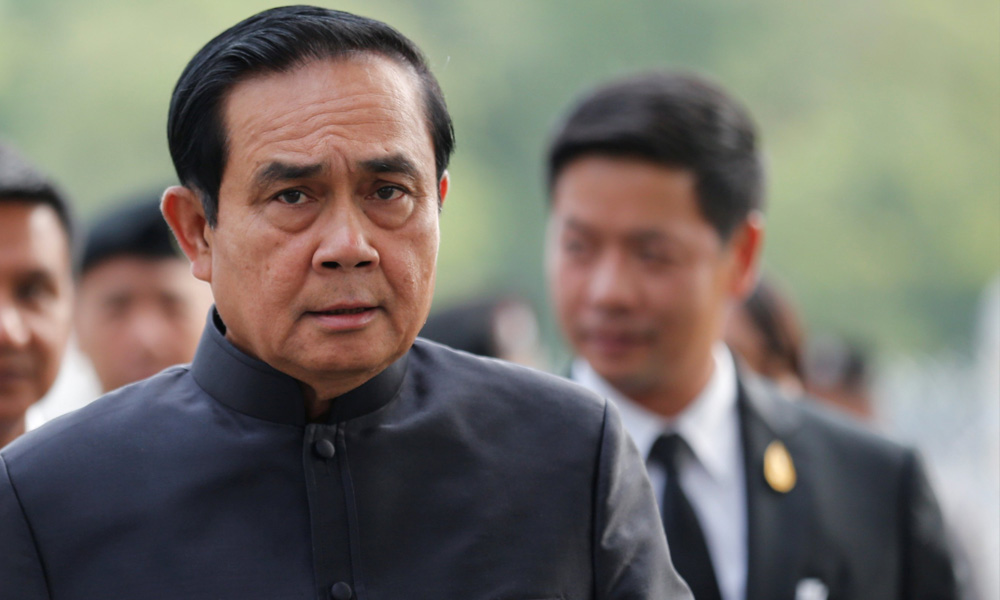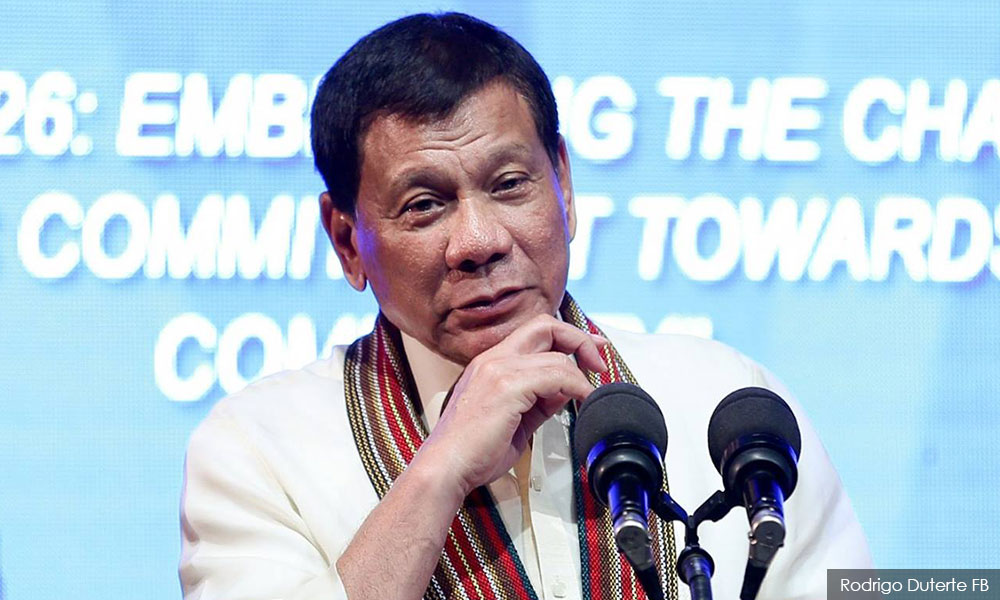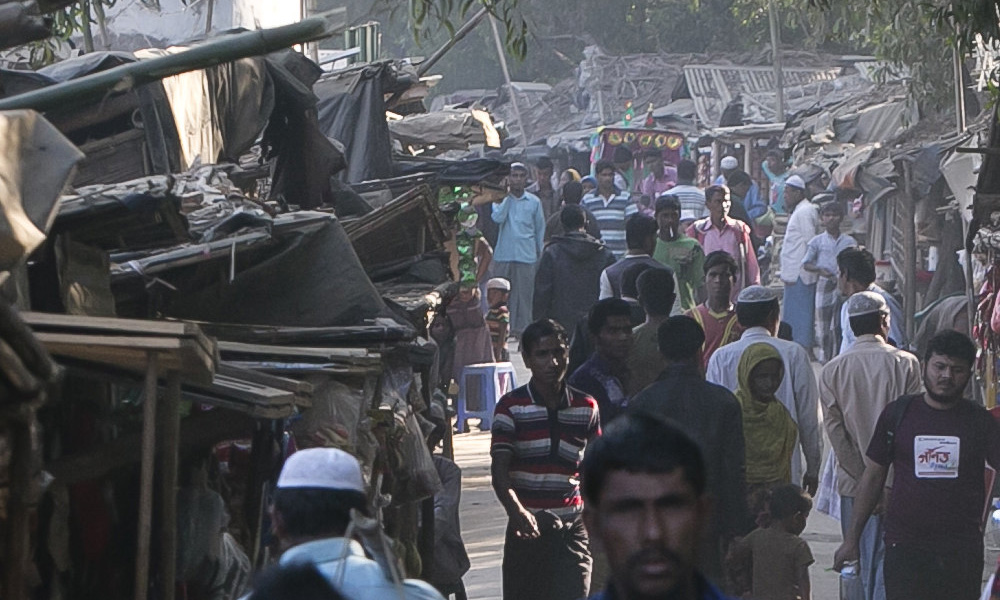MP SPEAKS | The Foreign Ministry’s motion to adopt a new foreign policy framework based on the prime minister’s address during the 73rd United Nations General Assembly this year is unprecedented and a welcomed initiative.
Apart from adherence to neutrality and forging international cooperation that is mutually beneficial, the speech also shows a new Malaysia that aims to uphold “the principles of truth, human rights, the rule of law, justice, fairness, responsibility and accountability, as well as sustainability.”
The government’s pledge to ratify all remaining core UN conventions on human rights is commendable, and the procedure towards ratifying and implementing these important obligations must be done without any delay and conducted in an open, transparent, and inclusive manner.
Moreover, it is encouraging that the new Malaysia plans to “detest and abhor wars and violence,” and will raise issues “without fear or favour.”
Since the May election, Malaysia is now seen as a bright spot for democracy and human rights in a region that continues to face serious threats to rights protections and the concerning use of authoritarian measures by ruling governments to undermine democratic institutions.
In addition, Asean as a regional bloc has been ineffective in addressing human rights concerns in the region. The principle of non-interference has often been invoked by Asean member states to avoid discussing sensitive issues such as human rights.
The new government now has the opportunity to not only fulfil the aspirations of the Malaysian people, but also make Malaysia a regional and global leader in the promotion and protection of human rights – as promised in Pakatan Harapan’s manifesto.
As such, it is important that Malaysia continues speaking out and take meaningful action on issues that the former administration has previously undertaken, but also on other and wider threats to democracy in the region.
In Thailand, it has been over four years since the military overthrew the country’s last elected government in May 2014. Under the junta, hundreds of members of parliament were forcibly removed from office and have been prevented from undertaking political activities.
Human rights defenders and opponents of the military face arbitrary arrest and detention, and many more have been tried by military courts on charges of sedition or violating junta orders, including a ban on political gatherings of more than five persons.
While the military junta has committed to holding elections before May 2019 – although similar promises have been reneged on several times since the military took office – free and fair elections cannot be held in the current conditions since political parties are not allowed to campaign without restrictions.

Malaysia should pressure the Thai military junta to lift these restrictions, repeal all repressive laws and immediately and unconditionally drop all criminal charges related to peaceful opposition to military rule. It is also crucial that independent and impartial observers are allowed to monitor the election, once a date is eventually announced.
Similarly, in Cambodia, the national election held on 29 July took place in an environment that was anything but free and fair, and has effectively turned the country into a one-party state. The election was preceded by a far-reaching crackdown on critics by the authorities.
In November 2017, the Supreme Court – part of Cambodia’s highly politicised judiciary – disbanded the Cambodia National Rescue Party (CNRP). It also suspended 118 senior CNRP members from politics for five years.
By the time of the elections, all key political opponents of the government had been jailed or forced into exile.
The country’s free media had been incapacitated and instrumental civil society organisations were closed down or forced into self-censorship for fear of repercussions.
Malaysia should use its influence to urge the Cambodian government to immediately and unconditionally drop all criminal charges against opposition politicians, journalists, activists and others who have been jailed simply for exercising their human rights.
We should also call for Cambodia to lift the ban on CNRP and reinstate all of its politicians who were arbitrarily removed from their seats at both the national and commune levels. Cambodia should also repeal laws that are used to intimidate or punish legitimate criticisms, and commit to holding new elections in line with international standards.
Elsewhere in Asean, lawmakers and human rights defenders are under increased attack in the Philippines, ever since President Rodrigo Duterte took office in May 2016.

Many of these cases are closely connected to the President’s 'war on drugs' policy, which has resulted in the extrajudicial executions of thousands of people and has been widely been condemned by the international community, including the UN.
Human rights groups have said the policy likely amount to crimes against humanity. The Duterte administration has also increasingly set its sight on the media, threatening the independent news outlet Rappler with deregistration while publicly criticising and threatening other media houses.
Two opposition politicians have also been arrested in politically motivated cases, while others have similarly trumped-up charges hanging over them.
Malaysia needs to urge the Philippines government to stop harassing opposition lawmakers and human rights defenders who voice criticisms against President Duterte’s administration and his policies. Manila must also immediately end all extrajudicial executions in the 'war on drugs' and hold those responsible to account, regardless of rank or political affiliation.
Malaysia’s continued effort to highlight the plight of the Rohingya population and recognize the regional implications this longstanding crisis has in Asean is a laudable one.
Malaysia has set an important and commendable example by condemning Myanmar’s brutal violence against the Rohingya, which amounts to crimes against humanity or possibly even genocide.

As the Myanmar government has proven itself to be unwilling and unable to hold any of the perpetrators to account – not least among its own security forces – it is ever more important for Malaysia support calls international accountability around the Rohingya crisis, including the need to refer the human rights situation in Myanmar to the International Criminal Court to investigate allegation of genocide or crimes against humanity in Rakhine State.
While the new government has said that it continues to respect the principle of non-interference, we must ensure that the principle is not used to shield governments from criticisms and addressing important human rights matters.
The issues highlighted today are those that concern humanity and as we work to improve the human rights situation in Malaysia, we must also work closely with our neighbours to advance the region’s respect for human rights and cannot allow these atrocities to take place in any of our member countries with complete impunity; otherwise, we ourselves risk becoming complicit to the rights abuses and violations of others.
We must ensure that the respect for human rights, good governance, and the rule of law is central in our new foreign policy and restore Malaysia’s moral standing as a country that is truly committed to the promotion and protection of these universally accepted principles.
CHARLES SANTIAGO is the MP for Klang.
The views expressed here are those of the author/contributor and do not necessarily represent the views of Malaysiakini.

